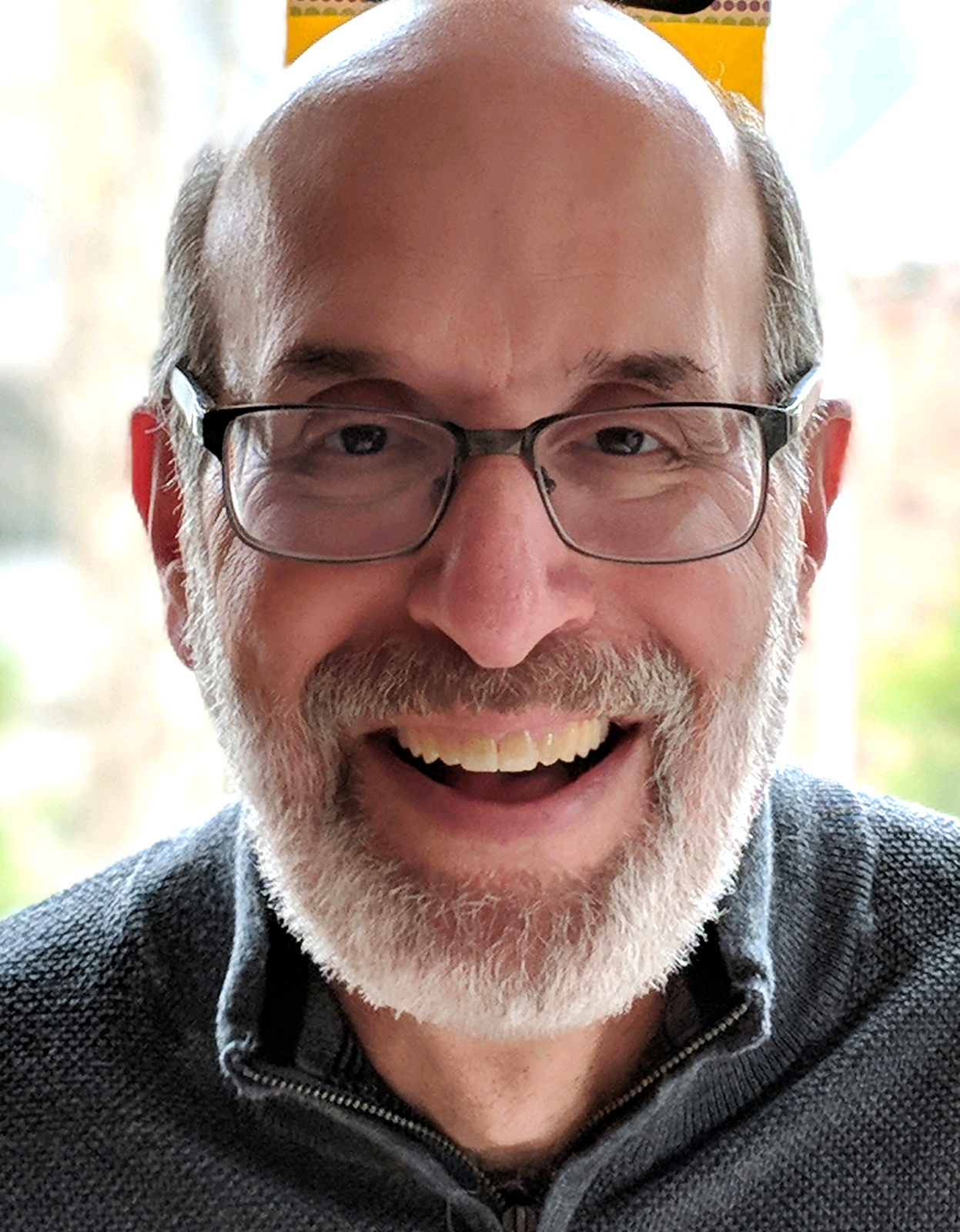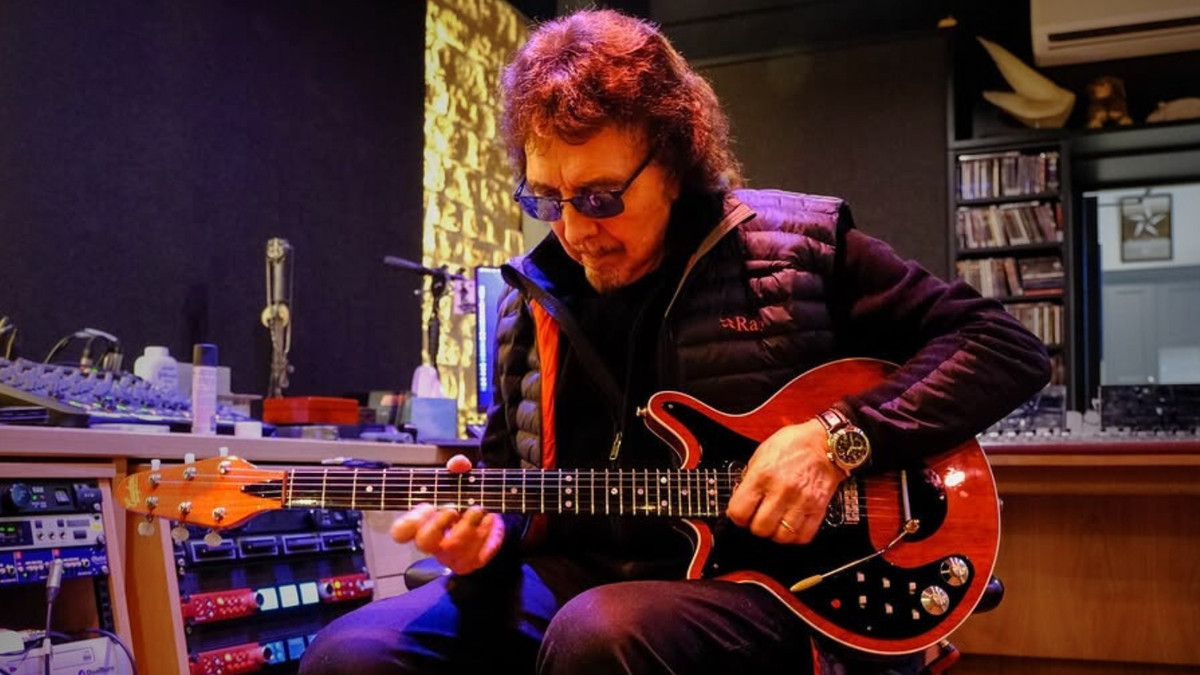“We wrote new riffs for three days straight and threw the old riffs in the trash. Our process is to support what’s working.” No longer performing, Brad Delson powers Linkin Park’s guitar riffs in the studio. The result? The #1 rock album in the world
The group's revised lineup has proved its mettle and will launch an extensive 2025 road trek starting January 31
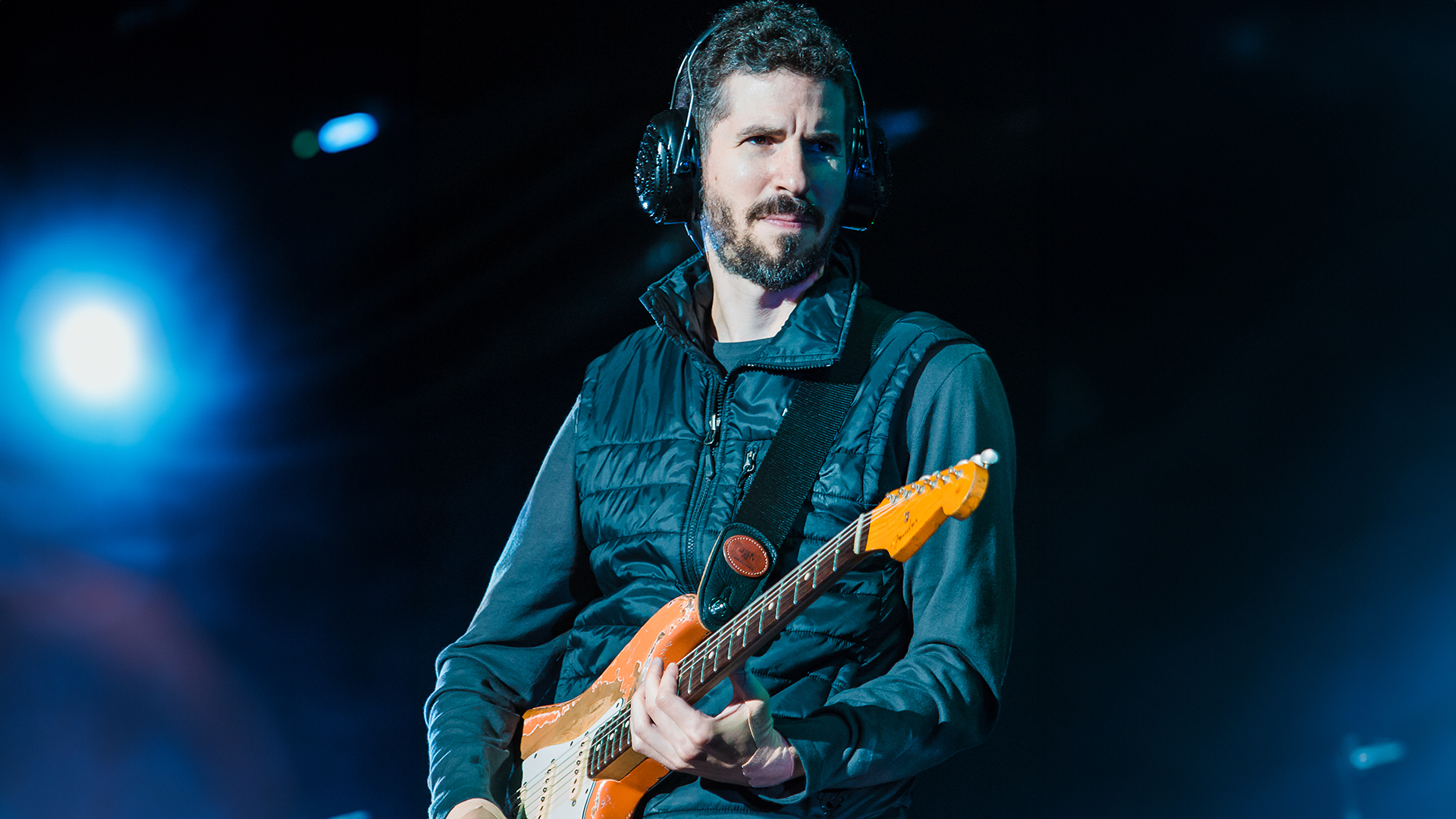
Brad Delson acknowledges it’s a bit strange to see someone else onstage playing guitar for Linkin Park these days.
"Yeah, it’s a different experience," Delson — who’s bowed out of the world tour for the band’s new album, From Zero, but remains part of the group. "It’s pretty cool in a way, ’cause I never got to see the show ever, in real time. If you’re onstage you don’t really get to see what’s going on.
"I remember being at the Forum and just watching it,” he says, referring to the band’s September 11 show in Inglewood, California. “We put a lot of love into the creative of the show. Even though I’m not onstage, I’m still intimately involved. I helped design the set list and the whole flow of the show, and every day we talk about the shows. It’s a huge labor of love."
And Delson — who co-founded Linkin Park as Xero during 1996 with high school friends Mike Shinoda and Rob Bourdon — is quick to note that Alex Feder, the former XYZ Affair guitarist who’s filling in for him onstage, "is my friend, and he’s doing a great job. So it’s win-win."
Delson’s decision not to tour caught fans off-guard and was recently described by Shinoda on the Zach Sang Show as "kind of a mental health thing… He doesn’t love the touring and the live show lifestyle." For his part, Delson clarifies that, "I really love being in the studio, and I feel like that’s where I’m most energized and I really thrive and I contribute the most. For me, it’s about making authentic, clear decisions and wanting to bring great energy to whatever I’m working on." He also gained some clarity during the seven years Linkin Park were off the road and intermittently active with archival projects following the 2017 suicide of vocalist Chester Bennington.
"The band got successful when we were very young, and we kind of went on this rocket ship for 20 years," Delson reflects. "In the time that we’ve had off while we haven’t been putting out new stuff, I think everyone’s had the space and fresh eyes to think about what’s energizing. And I think for all of us the decisions to do what we’re doing come from a place of opting in as opposed to having it just be habitual. That’s also why everything sounds so fresh and inspired."
And it undoubtedly explains why From Zero has become a global smash hit, debuting at number one on charts in 10 countries and number two on the Billboard 200, the highest debut for a rock album this year.
All the latest guitar news, interviews, lessons, reviews, deals and more, direct to your inbox!
In so many words, change is good. And there’s been a lot of change in Linkin Park as the group has re-emerged this year.
Drummer Bourdon opted out of the reunion entirely, replaced by Colin Brittain, who’d worked with Shinoda previously. Also new to the band is vocalist Emily Armstrong from Dead Sara, another Shinoda discovery and someone who’s presence Delson credits with galvanizing him, Shinoda, bassist Dave "Phoenix" Farrell and programmer Joe Hahn to kick Linkin Park back into active gear as the sessions got underway at EastWest Studios in Hollywoods.
"We were just messing around, doing stuff in the studio, and Emily said at one point, ’Hey, I’m happy to just come here every day, whether you need me or not. I want to be around what’s happening.’ The amazing thing about this album was everything just kind of fell into place, naturally, just based on, ’Hey, this is fun. We like doing this. Let’s do more of it.’ It was the desire to just hang out together, be creative, and then the music led the way."
Delson describes crafting the 11 tracks on From Zero — written by Linkin Park with some help from others, including Mike Elizondo, Teddy swims, Nick Long of Dark Waves, Bea Miller— as like riding a proverbial bike as the band comfortably resumed its organic creation process based on trial and error, frank discussion and openness to the variety of opinions. "When I’m in the studio with the guitar, I’m not attached to it," explains Delson, adding that he actually plays piano at home more than guitar. "I always think as a songwriter first. If I feel like a song is better without guitar, I’m the first one to say ’Can we mute it?’ And if someone else plays a dope guitar part, I’m like, ’Thank you, one less thing to worry about.’
"Also, if someone’s temped to do something and I feel like it’s not as interesting as it could be, I’m like, ’I’d like to rewrite that’ or whatever. Some of these songs had guitar in them when I first started messing with them; some of that guitar is still there and some of that guitar got redone in the studio. Our process is to support what’s working. So if the guitar wasn’t super compelling, we’d just mute it and then write new guitar parts. There was a lot of experimenting going on."
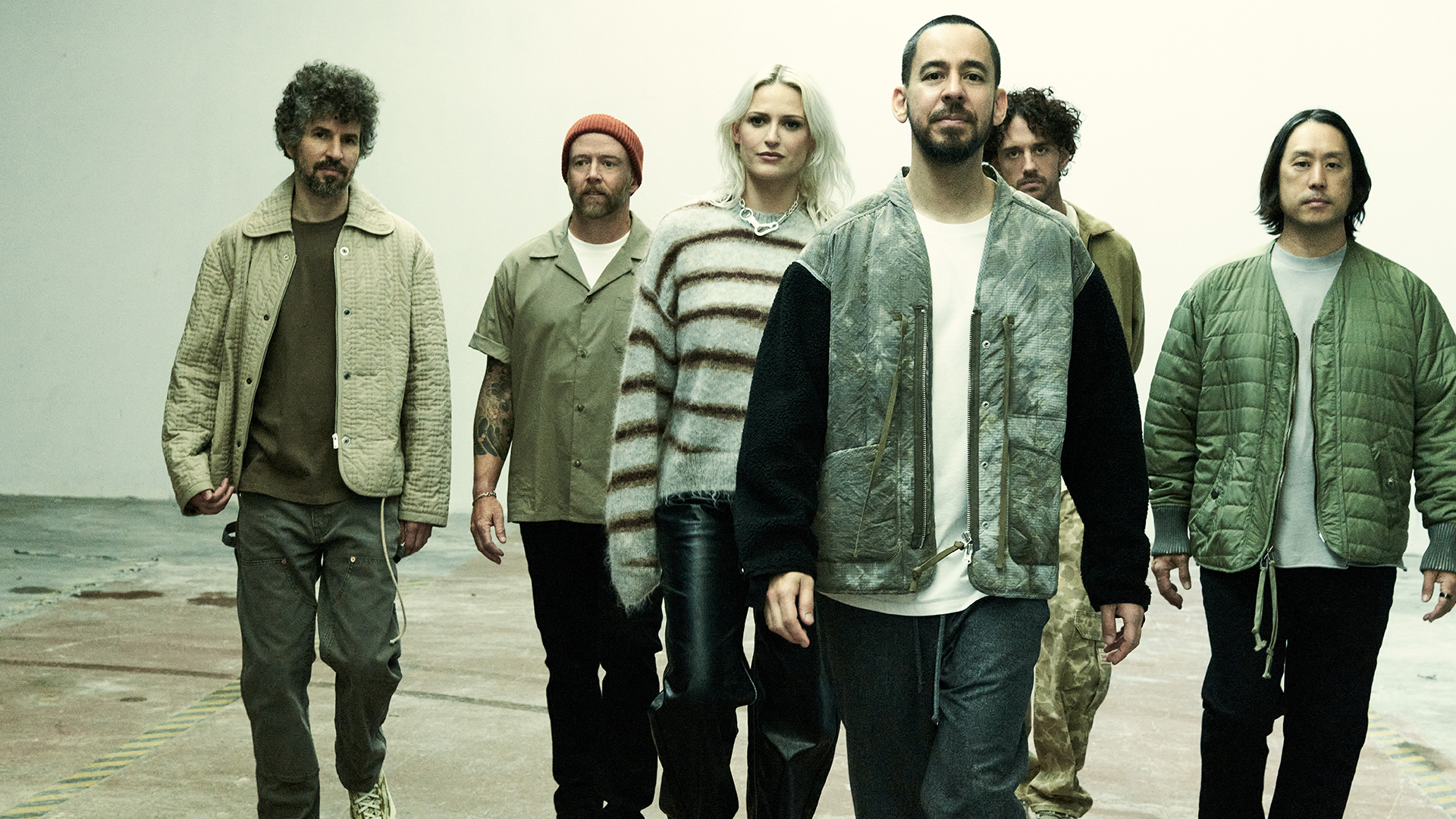
As a case in point Delson says the track "Cut the Bridge" had "a lot of guitar that had been put into the earliest version" that didn’t sound right as the song was being developed. "I think Mike and I wrote new riffs for that for two or three days straight and wound up throwing all of those in the trash and going for this heavily effected version of something we had in the verse, which gave it a colorful, unexpected sound." "Overflow," he adds, was another From Zero song that "got rewritten multiple times until, kind of in the last troughs of the album process, we wrote an entirely new chorus."
Also challenging, from a different aspect, was the first single and opening track "The Emptiness Machine." "We really honed all the words to that; that was a really important part of the song, then ultimately finding the right placement in the song for Mike’s voice and Emily’s voice," Delson recalls. "Their range is so different...and it had to be in a key that worked for both their voices. If we lowered it too much it would lose power when Mike was singing it, ’cause she is singing an octave over it. They’re both pushing the boundaries of their natural range in that song; that’s one reason it feels like a rocket ship that’s about to come apart."
Throughout the recording of From Zero Delson used an orange Fender Stratocaster from the company’s Custom Shop — which he pulls out to show us during the Zoom conversation — along with his usual Paul Reed Smiths and the occasional Gibson SG. "With amps and effects, I’m agnostic," Delson adds. "Mike has so many cool pedals. We have cool amp simulators. There’s infinite choices. The part and the feel of the playing is the most important thing; you’re just flipping through presets and it’s what catches the ear in terms of what marries organically to the part. Usually we’ll write the part first and just toggle between sounds until we’re like, ’That sounds like the part, yeah!’"
Delson says that what he finds most stimulating about From Zero, however, is that it even as a new version of Linkin Park it hews back to the band’s earliest days, even before it was Linkin Park and had a label deal.
"We weren’t afraid to reach into the more signature bag of tools on this record," he explains. "I think on some previous records it was always ’Innovate! Innovate! Innovate!,’ always wanting to challenge ourselves to go somewhere new. I think because we had new elements” — i.e. band members — “already as part of the palette we didn’t hold back in terms of using things maybe that we used early on, just ways of writing and ways of playing.
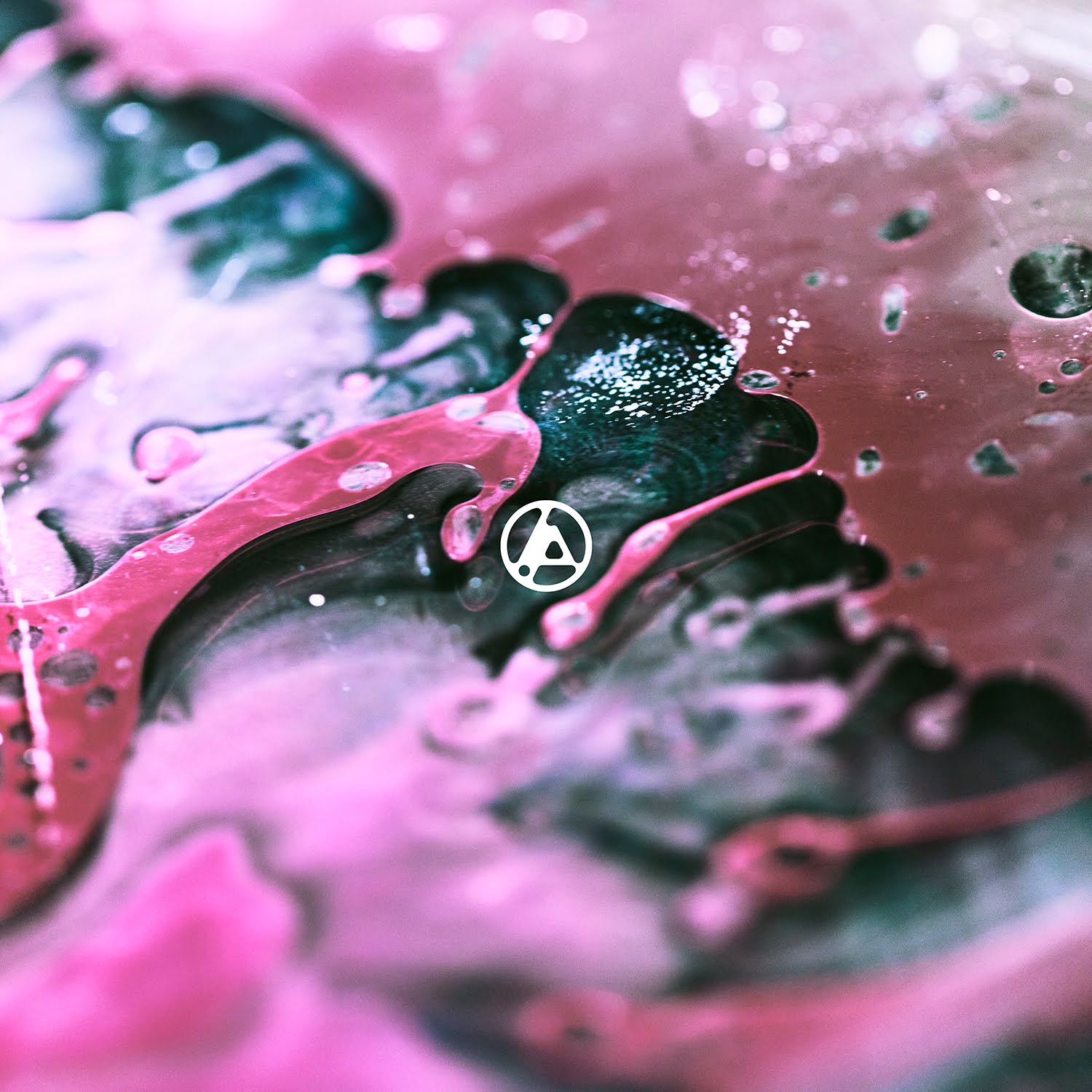
"There was an aesthetic or vibe of some of our earliest demos, when we were called Xero. There were some songs on those very early demos that had a very clear aesthetic. You hear some of that on [2000’s] Hybrid Theory. I love how eclectic our discography is; that’s a super salient part of our identity as musicians. But on this album, I think we felt more liberated to use any of the tools we had previously played around with before, more like a lack of self-consciousness than a conscious decision to go somewhere specifically."
Even before its chart-topping performance, From Zero was a strong performer. "The Emptiness Machine" hit number one on the Billboard Mainstream Rock Airplay and Alternative Airplay charts in September, followed by "Heavy Is the Crown," "Over Each Other" and "Two Faced." After playing a handful of shows around the world in advance of the album’s release Linkin Park has announced an extensive 2025 road trek, starting January 31 in Mexico City and also traveling around the globe in arenas as well as festival appearances at Sick New World in Las Vegas, Sonic Temple in Ohio, Novarock in Austria and I-DAYS in Italy. And while Delson says "anything’s possible" when asked if he might hop onstage with the band at some point — or resume touring — it sounds more likely that he’ll be enjoying the festivities from afar.
"I would just say I’m having a lot of fun right now working on all the creative with my bandmates," Delson says. "It’s been a lot of fun and really rewarding. I’m excited people are finally getting to hear this record, and the streaming and everything is just crazy. There’s a lot of activity. It’s definitely up and running.”
Gary Graff is an award-winning Detroit-based music journalist and author who writes for a variety of print, online and broadcast outlets. He has written and collaborated on books about Alice Cooper, Neil Young, Bob Seger, Bruce Springsteen and Rock 'n' Roll Myths. He's also the founding editor of the award-winning MusicHound Essential Album Guide series and of the new 501 Essential Albums series. Graff is also a co-founder and co-producer of the annual Detroit Music Awards.
